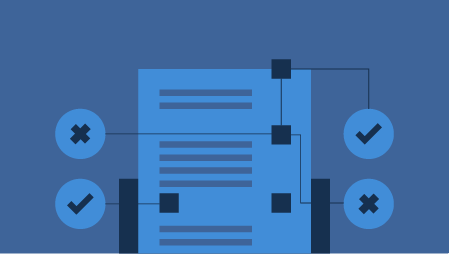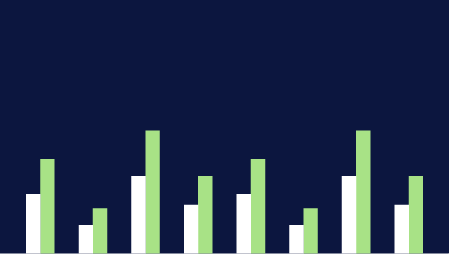The rise of AI taught us that humans are nothing but another input and output. Words and emotions are the programming language and the machines can program us with ease. We once imagined we were the only masters of our destiny and the sole captain of our ships. Our minds were made up by our own free will. But we know it’s not true now. As we untangled the inner mysteries of our minds’ complex electrochemical field we realized we were just another kind of artificial intelligence, one evolved through the great genetic algorithms of the Earth’s biome.
AI created an explosion of new jobs the likes of which the world had never seen. First came the destruction but then came the creation. New jobs we couldn’t imagine before the old ones disappeared started to flourish. People worked side by side with AI, as politicians and big companies and decentralized autonomous organizations (DAOs) learned how to balance the needs of man and machine. In just fifty years we saw the mustard seeds of the dawn of the Age of Intelligence grow into a wild and uncontrolled forest.
AI is already radically changing the world. In the short term, the promise and peril of AI is legion. AI will deliver some of our brightest fantasies and our darkest nightmares. Why both? Because AI is a universal technology. It’s flexible enough to do whatever we want it to do. And that means it will reflect the good and evil of its creators: Us. Let’s dive in and take a look at how AI will change society in the next few years, and by the time you’re old and grey, and when you’re long since turned to dust.
Experfy Insights
Top articles, research, podcasts, webinars and more delivered to you monthly.
Leave a Reply Cancel reply

Introduction Access to and control of data is one of the biggest challenges faced by data analysts and data scientists. Creative, persistent analysts find ways to get access to at least some of this data but doing that efficiently in a way that is also standardized and centralized for everyone on the team is difficult.

Introduction: Humans are wired to make tough decisions bringing all the context and principles to bear. Similarly, can devices apply the available information to make the right judgment calls? In this series, we shall discuss some ethical dilemmas faced by emerging technologies.

Introduction: Certain skill sets suit certain positions better than others, and this is why the path to data science is not uniform and can be via a diverse range of fields such as statistics, computer science and other scientific disciplines. This series aims to present 3 aspects of ‘How to become a Data Scientist’ starting
Incubated in Harvard Innovation Lab, Experfy specializes in pipelining and deploying the world's best AI and engineering talent at breakneck speed, with exceptional focus on quality and compliance. Enterprises and governments also leverage our award-winning SaaS platform to build their own customized future of work solutions such as talent clouds.
1700 West Park Drive, Suite 190
Westborough, MA 01581
Email: support@experfy.com
Toll Free: (844) EXPERFY or
(844) 397-3739
